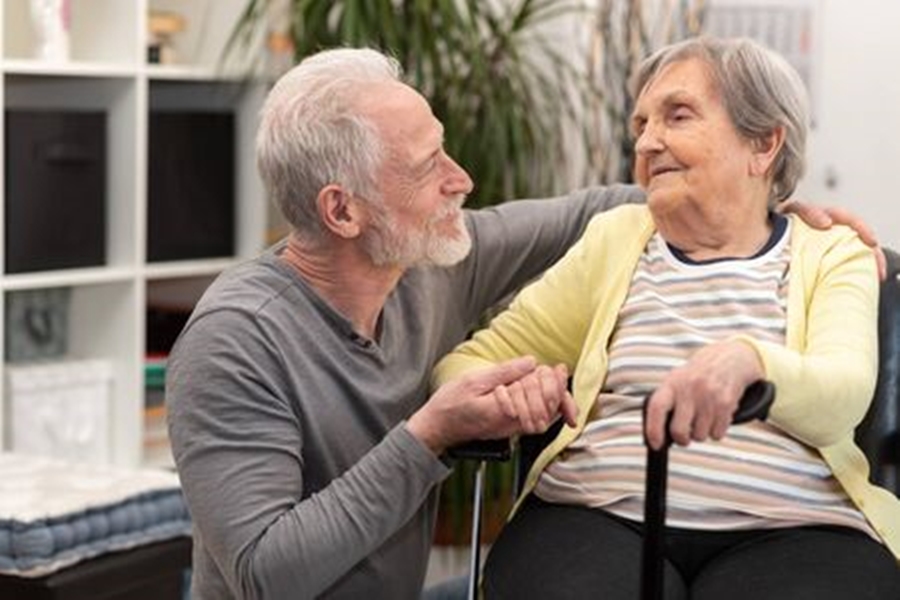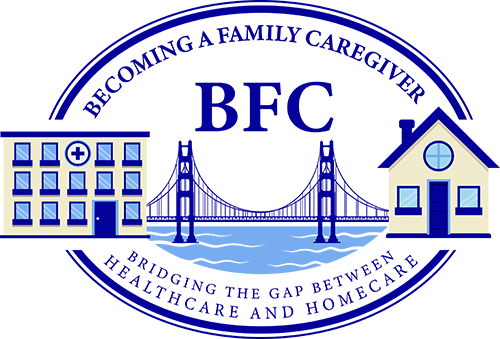
Understanding Caregiving
Before you were a caregiver, you had a place in your family. Depending on that place, your role as a caregiver may bring with it new challenges to overcome. Adjusting to the changes in your life and adapting to the changes around you produce many emotions. Those emotions have a lot of influence on how you react.
Conflicting emotions frequently occur in caregivers. Topics presented in External Influence provide insight into how others have also reacted and how caregiving not only impacts our homes but our work, the community, and those around us, too.

Emotional Influences
Caregivers experience a range of emotions as they assume their new roles. Initially, they feel the joy of a family member’s discharge from the hospital, perhaps following a questionable recovery. However, fear of the unknown may also be present. Doubts about their capabilities, concerns about the welfare of their family member’s health, and feeling overwhelmed by the volume of work to do. Fatigue plays a major role in how many caregivers feel, leading to caregiver burnout after months of ongoing care with little to no rest. Learn how to care for yourself to avoid that from happening to you.
External Influences
To improve benefits, Medicare and Medicaid, laws that support caregivers, and other regulations related to family care, advocates gather data that tells those in power our story. Understanding who provides care and under what circumstances helps patient and caregiver advocates campaign for improvements in laws and regulations. Find out the latest survey data about how caregiving impacts finances, employment, personal health, and more. In addition, discover how shortages in hospital staffing promote early patient discharge home with the expectation that families provide the recovery care. Plans are under consideration for moving to community care with home visits and the family home as the site of care.
Relationships
Families play a significant role in our lives. As a family caregiver, the relationship we had with the person under our care previously has a significant impact on how we treat them from now on. It also impacts their willingness to accept the directions we give them for treatment or our decisions on their behalf. Sometimes conflicts break out with other family members who disagree with what we do. In the worst cases, domestic violence occurs or becomes worse. Find out more about how family relationships impact caregiving.


